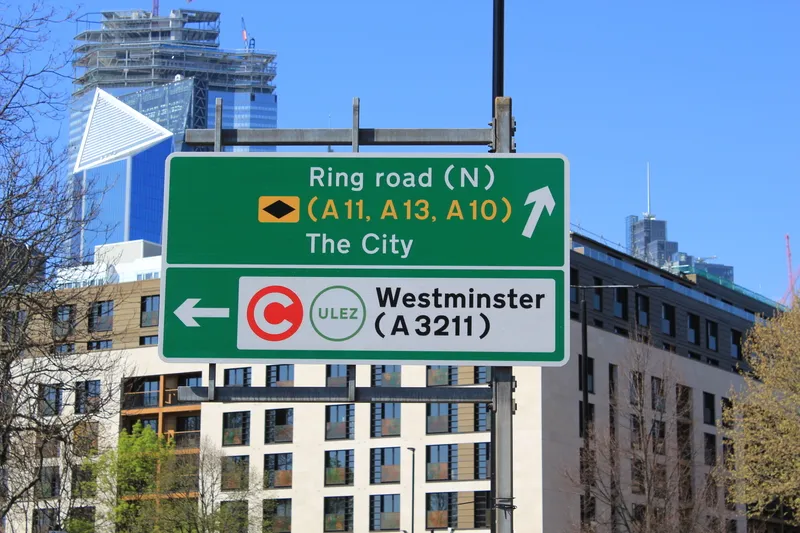Transportation is often blamed for many of the world’s ills and some of it is undeniable, such as 1.2 million road deaths a year or poor urban air quality shortening the lives of those with heart or lung problems. However, every incident has many contributing factors. Sometimes transport may indeed be the biggest contributor – but it is almost always the easiest target because it is always simpler to blame machines than people.
December 11, 2017
Read time: 2 mins

Transportation is often blamed for many of the world’s ills and some of it is undeniable, such as 1.2 million road deaths a year or poor urban air quality shortening the lives of those with heart or lung problems. However, every incident has many contributing factors. Sometimes transport may indeed be the biggest contributor – but it is almost always the easiest target because it is always simpler to blame machines than people.
Transport is not the ‘necessary evil’ many would have us believe – a necessity, yes, but evil, no.
It is against this background that I am delighted that this issue carries so many potential solutions to these ills: products to counter road crashes and deaths – be they caused by distracted drivers or incidents in tunnels, new ways to monitor (and strategies to improve) urban air quality and new car-sharing methods which can cut congestion, costs and emissions.
Furthermore, there are projects to look at using electric vehicles to help counter the mismatch between electricity production and consumption, improvements in enabling disabled people to use public transport and trials of technology to help prevent pedestrians being struck by trains.
While there is still much work to be done, transportation itself has progressed far beyond simply moving people and goods around ‘at any cost’ and is becoming cleaner and safer, and will increasingly make a positive contribution to society in many other ways.
So don’t let the naysayers go unchallenged. Speak up for a sector that is at the leading edge of so many advances.
Transport is not the ‘necessary evil’ many would have us believe – a necessity, yes, but evil, no.
It is against this background that I am delighted that this issue carries so many potential solutions to these ills: products to counter road crashes and deaths – be they caused by distracted drivers or incidents in tunnels, new ways to monitor (and strategies to improve) urban air quality and new car-sharing methods which can cut congestion, costs and emissions.
Furthermore, there are projects to look at using electric vehicles to help counter the mismatch between electricity production and consumption, improvements in enabling disabled people to use public transport and trials of technology to help prevent pedestrians being struck by trains.
While there is still much work to be done, transportation itself has progressed far beyond simply moving people and goods around ‘at any cost’ and is becoming cleaner and safer, and will increasingly make a positive contribution to society in many other ways.
So don’t let the naysayers go unchallenged. Speak up for a sector that is at the leading edge of so many advances.










